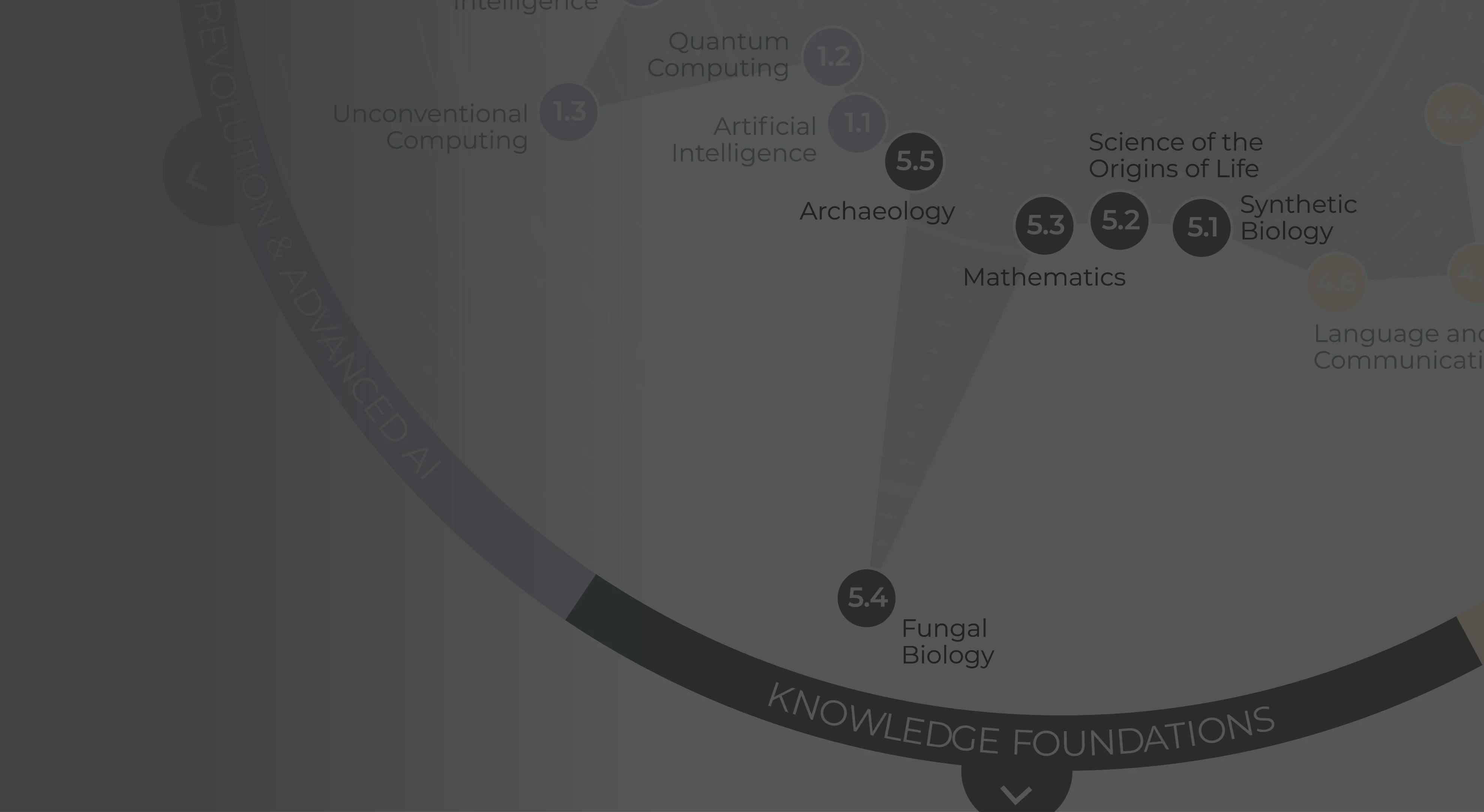Containing deep insights into anticipated advances associated with Knowledge Foundations over the next 5, 10 and 25 years, the GESDA Pulse of Science provides the expert opinions of leading researchers in a diverse set of fields that contribute to foundational knowledge and understanding, including synthetic biology, mathematics, fungal biology and archaeology.













